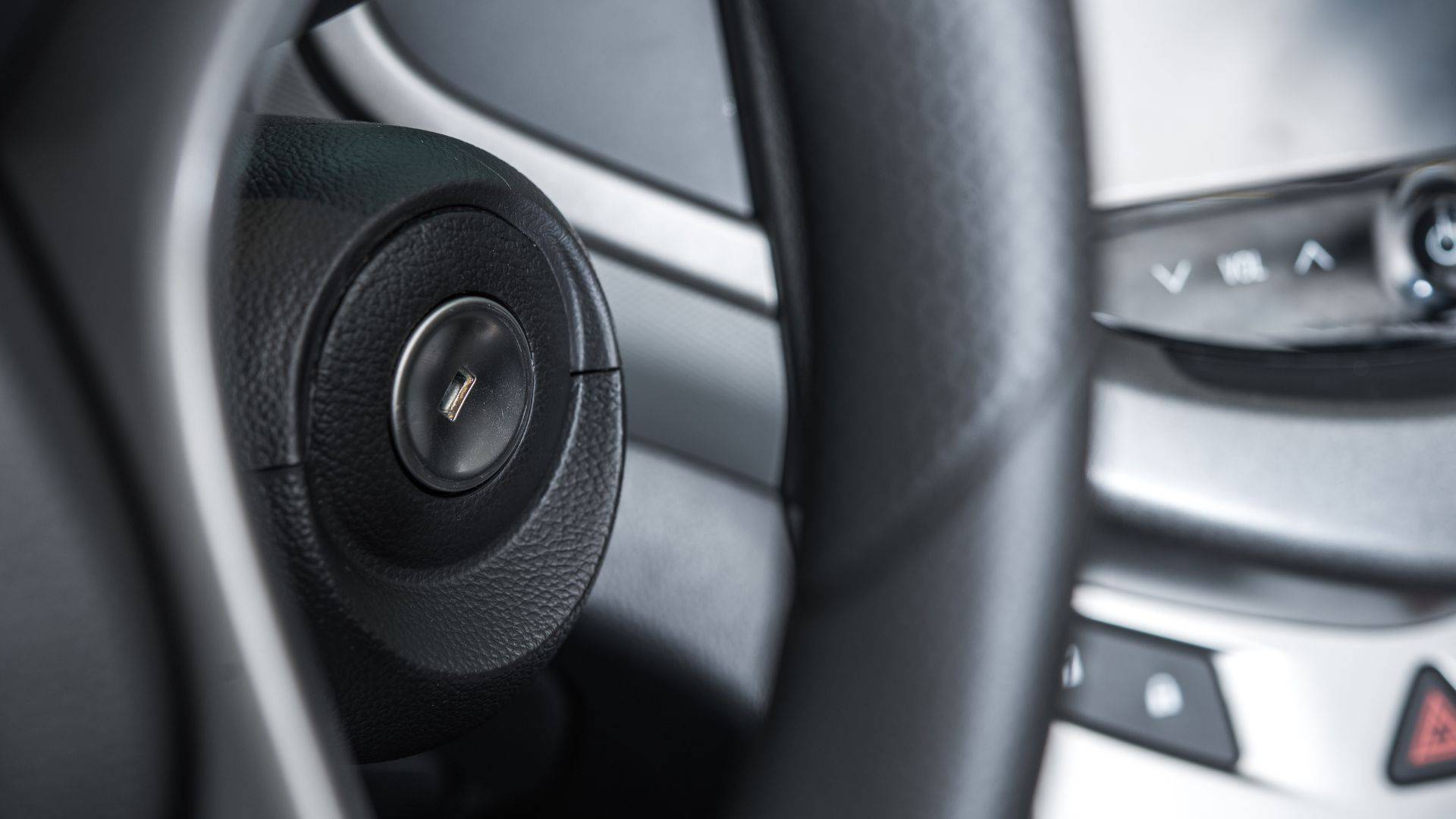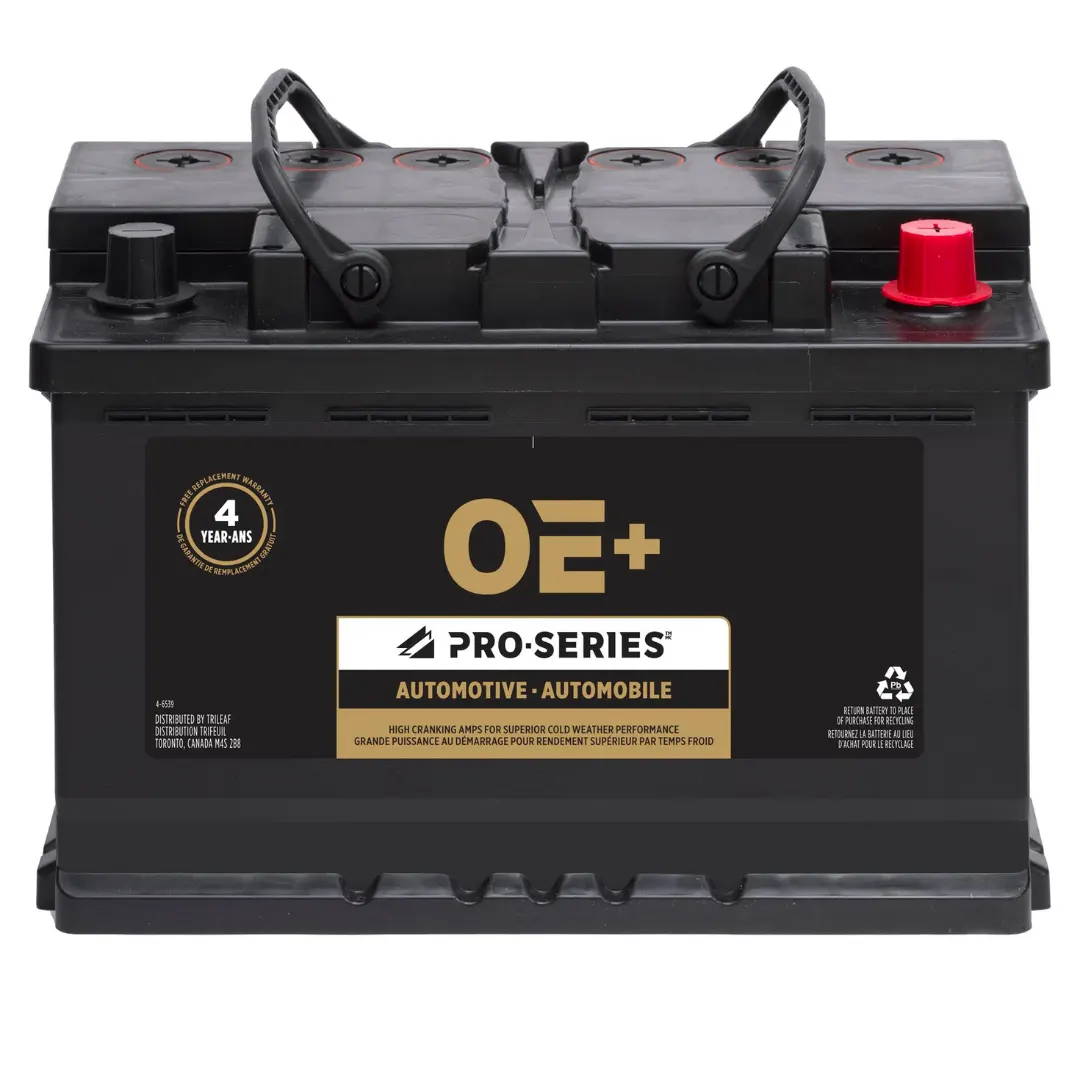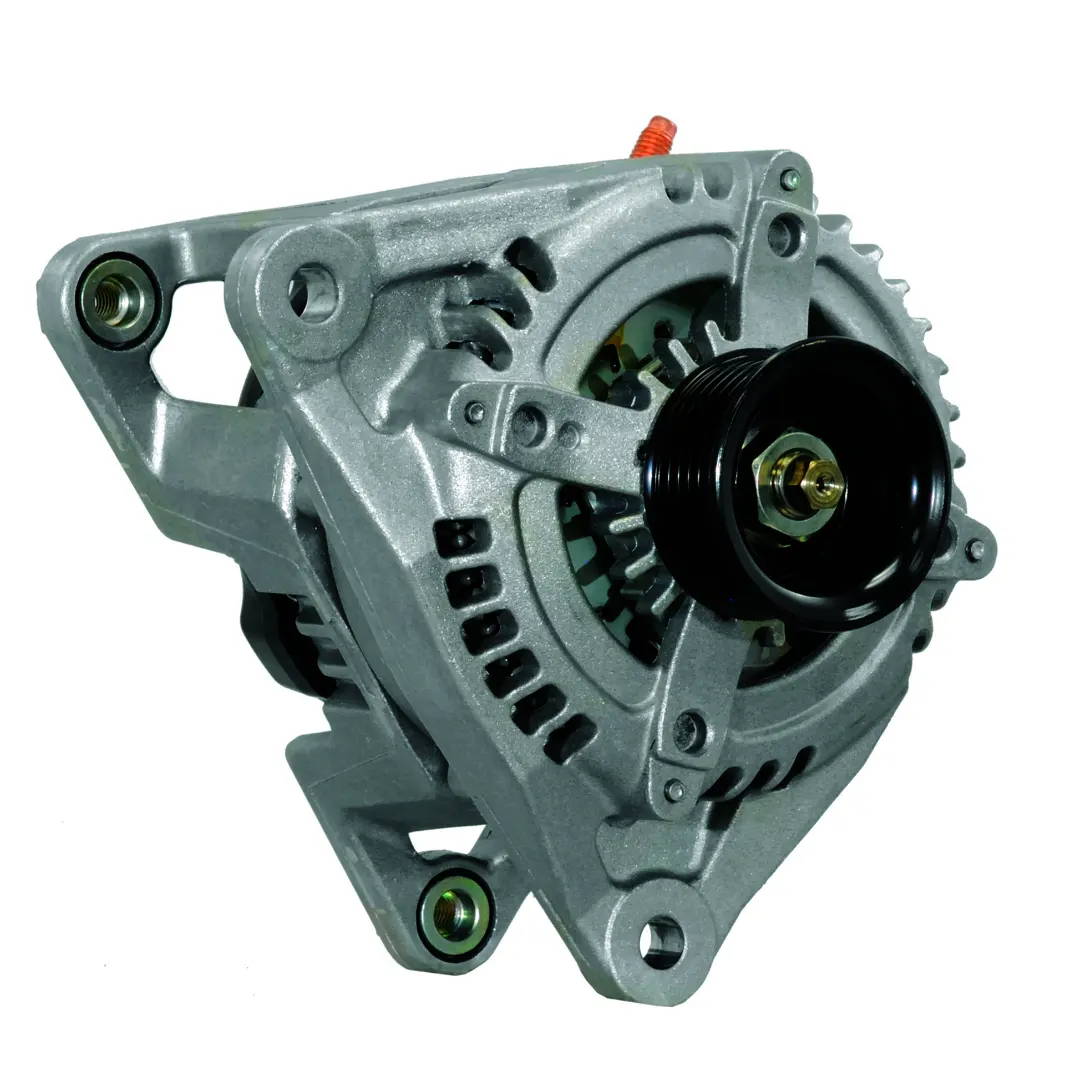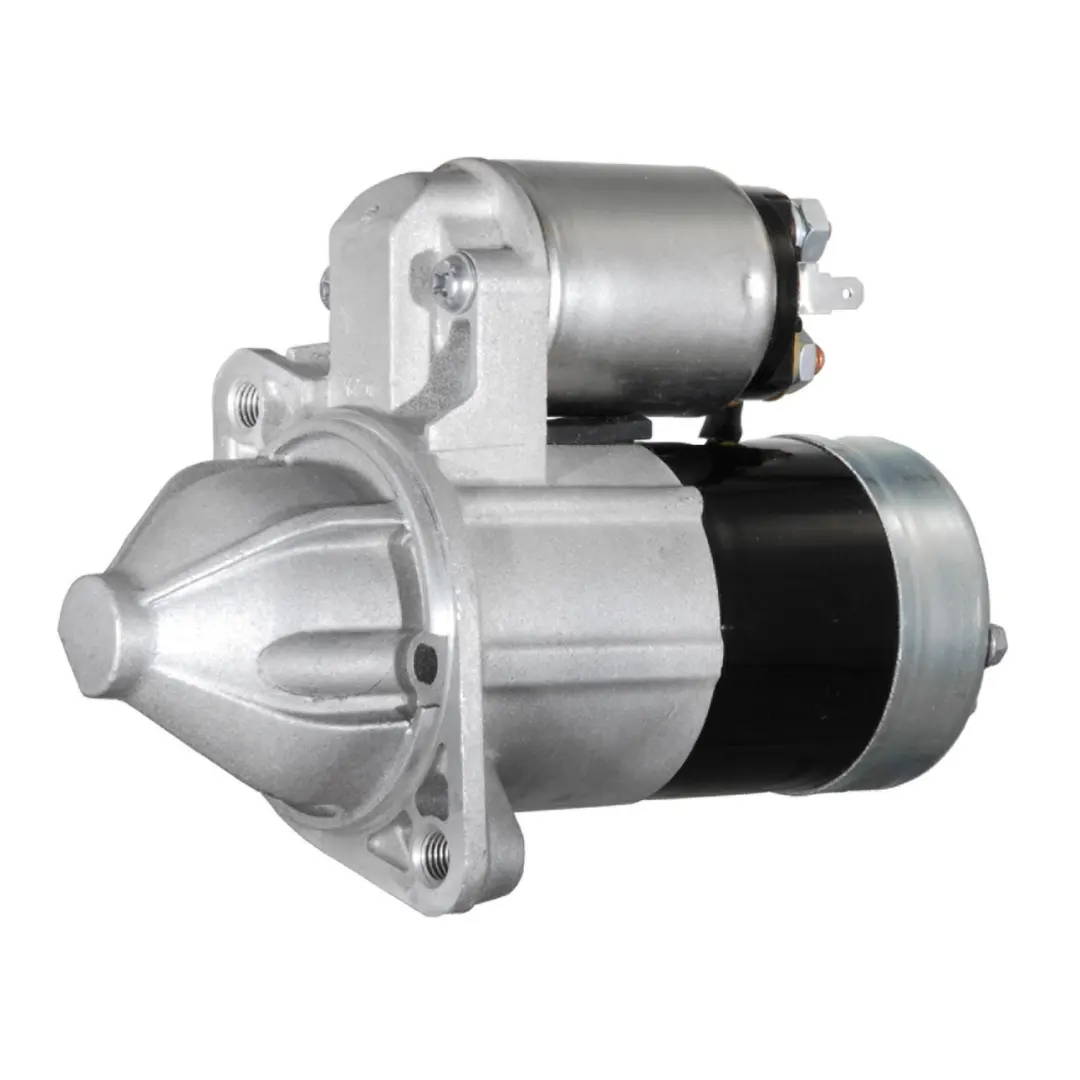
Understanding Your Vehicle's Starter System
The starter system plays a crucial role in starting your vehicle's engine. When you turn the key or press the start button, the starter motor engages and rotates the engine until combustion begins. In this article, we will explore the components of the starter system, how it works, and its importance in starting your vehicle.
Components of the Starter System:
• Starter Motor: The starter motor is an electric motor that converts electrical energy into mechanical energy. It is responsible for cranking the engine and initiating the combustion process.
• Starter Solenoid: The starter solenoid is a small electromagnet located on top of the starter motor. It acts as a switch, connecting and disconnecting power from the battery to the starter motor.
• Battery: The battery provides electrical power to the starter system, supplying the necessary voltage to turn the starter motor.
• Ignition Switch: The ignition switch activates the entire starter system when you turn the key or press the start button.
How Does the Starter System Work?
When you turn the key or press the start button, electricity from the battery flows through the ignition switch and into the starter solenoid. The solenoid then sends power to the starter motor, which starts spinning. This spinning motion turns the engine until it starts running on its own.
Importance of a Working Starter System:
Having a working starter system is important because it allows you to start your vehicle easily and get on your way. A well-functioning starter system ensures quick and efficient engine starting, especially during cold weather when engines can be harder to start. It also helps reduce stress on other engine components, prolonging their lifespan.
Signs of Starter System Issues:
If you experience any of these signs, it may indicate a problem with your starter system:
• Clicking noise when trying to start
• Grinding sound during startup
• Slow cranking or difficulty starting
• Needing jump-starts frequently
If you notice any of these signs, it's best to have your vehicle checked by a mechanic who can diagnose and fix any issues with your starter system.
The starter system is an important part of getting your vehicle started. By understanding its components and recognizing signs of potential problems, you can ensure reliable starts and avoid unexpected breakdowns. Keeping your starter system in good condition will help you start your vehicle smoothly every time you turn the key or press that start button.
 Loading . . .
Loading . . .




